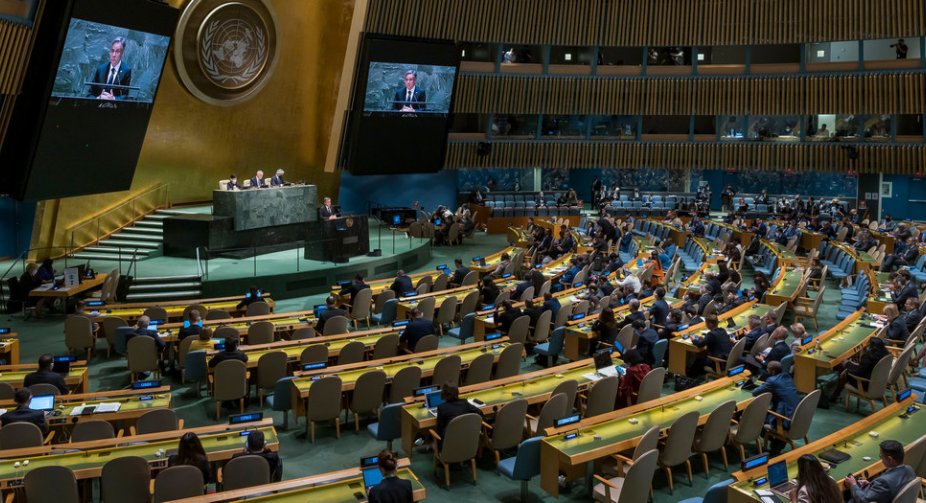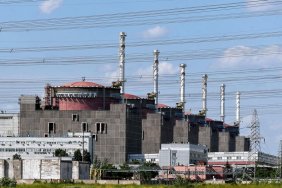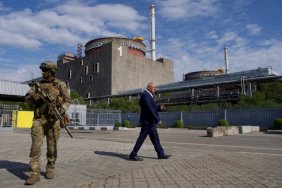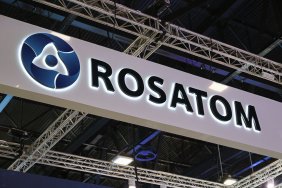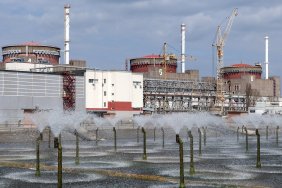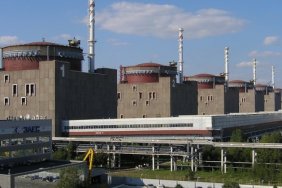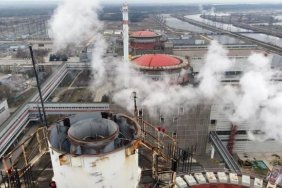Russia has blocked the adoption of the final document of the month-long review of the UN Treaty on the Non-Proliferation of Nuclear Weapons (NPT), complaining that parts of the draft are "overtly political in nature". This is reported by the Associated Press.
NPT conference president Gustavo Zlauvinen of Argentina said late on August 26 that the conference was "unable to reach an agreement after Russia opposed the text."
The project criticized Russia's occupation of the Zaporizhzhya nuclear power plant, the largest in Europe, immediately after the Russian invasion of Ukraine in February. This move caused worldwide concern of a possible nuclear disaster.
The 191 countries that signed the 50-year-old treaty, which aims to prevent the proliferation of nuclear weapons and promote complete disarmament, must review the pact every five years. The current review was postponed to 2020 due to the COVID-19 pandemic.
The draft statement mentions the ZNPP four times and expresses "serious concern over military activities" near the plant. The document also laments the failure of the International Atomic Energy Agency to ensure security there and prevent possible diversion of nuclear materials.
French Ambassador Yang Hwang read a statement on behalf of 56 countries and the European Union, in which he expressed regret over Russia's "dangerous nuclear rhetoric, actions and provocative statements about increasing the level of nuclear preparedness." The 120 members of the Non-Aligned Movement also expressed disappointment, calling the conference document "extremely important".
The deputy head of the Russian delegation Andriy Bilousov said that the conference has become a "political hostage" for countries that seek to "poison" the discussions and "settle scores with Russia by raising issues that are not directly related to the treaty."
According to him, Ukraine and its supporters "bear full responsibility" for the failure to reach an agreement.
